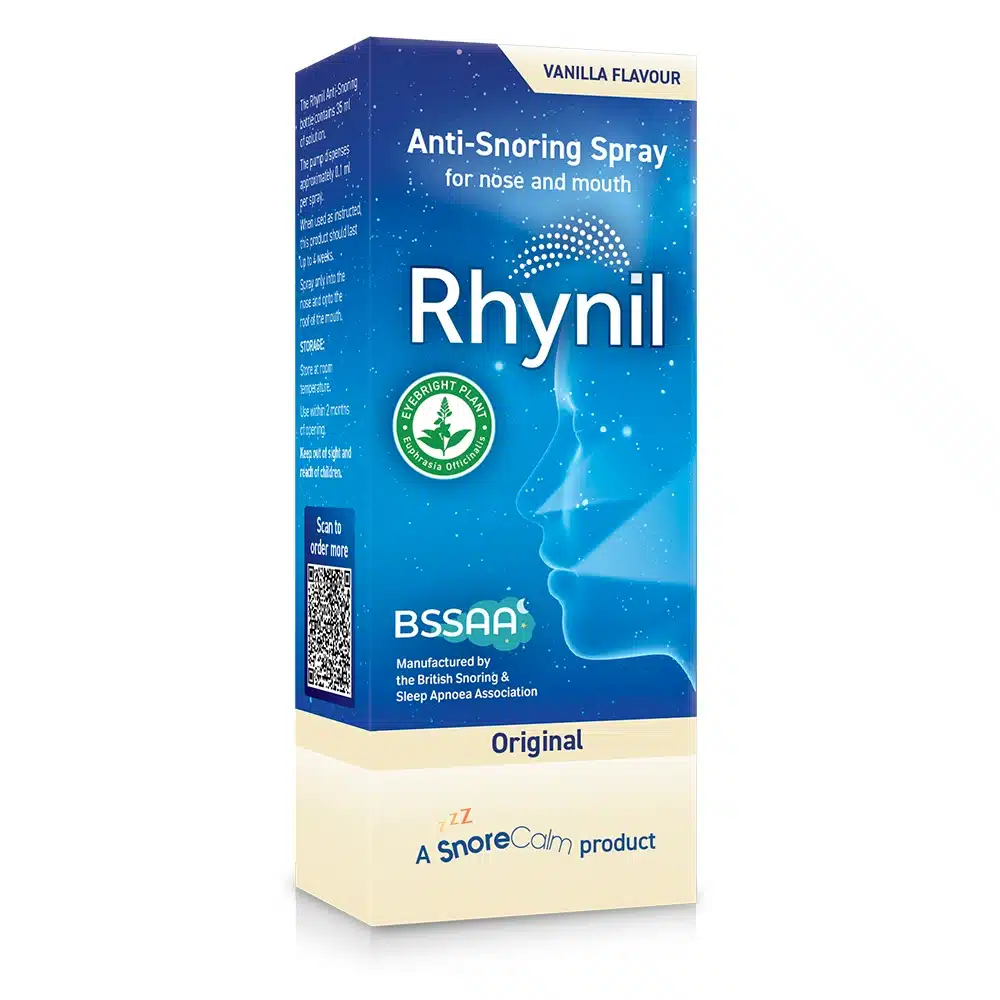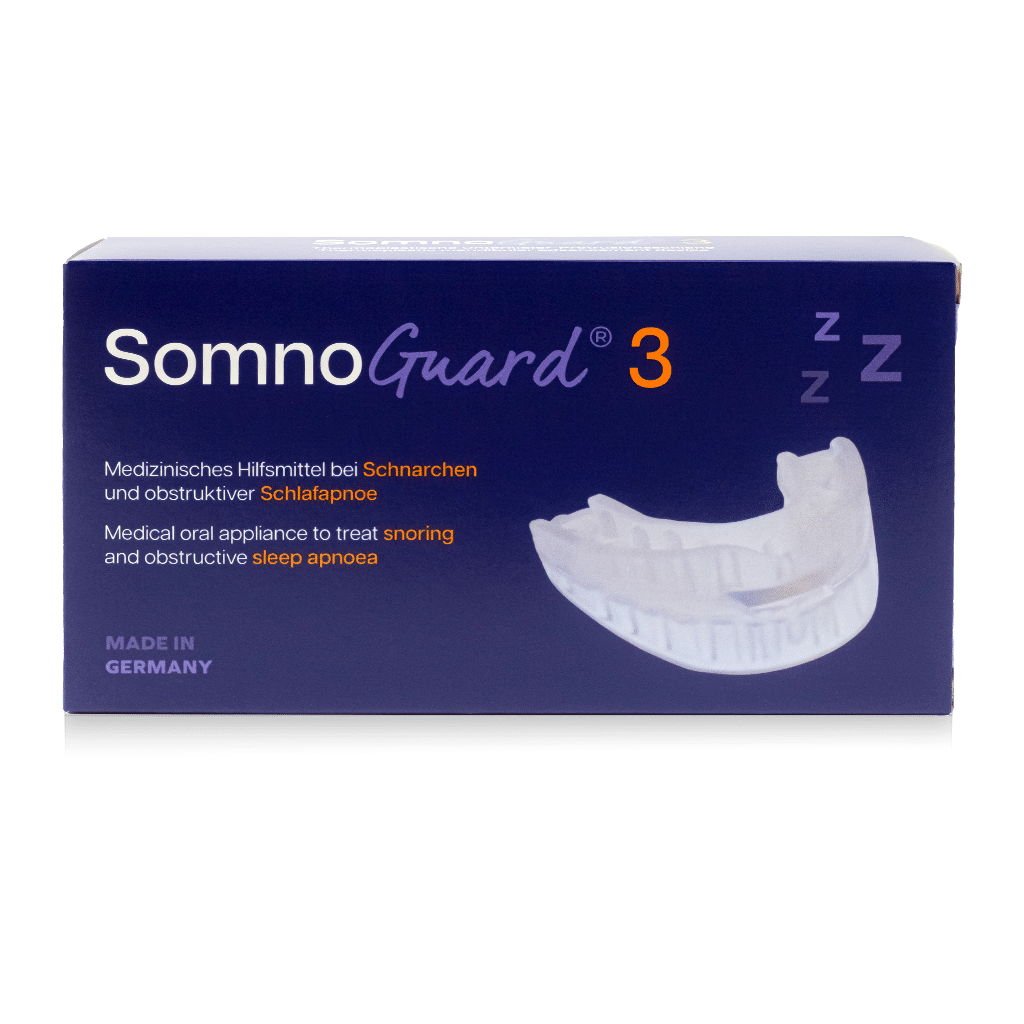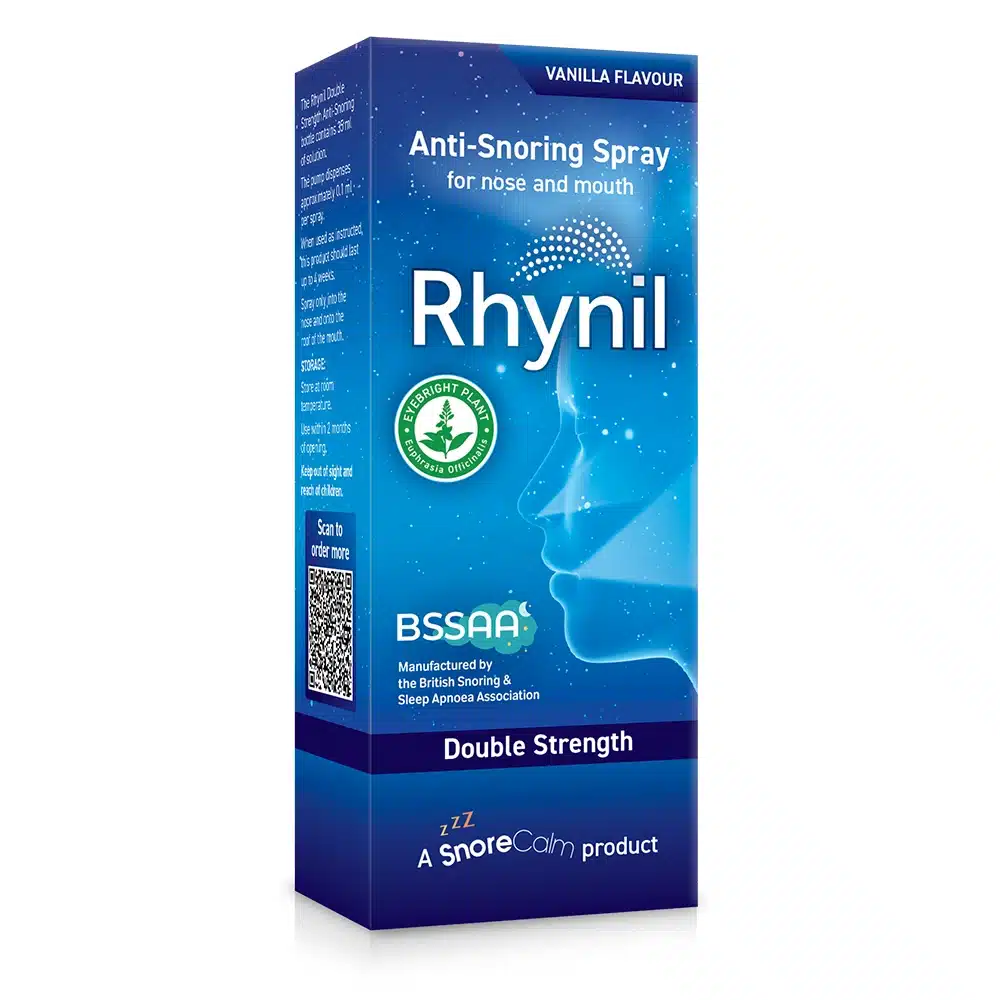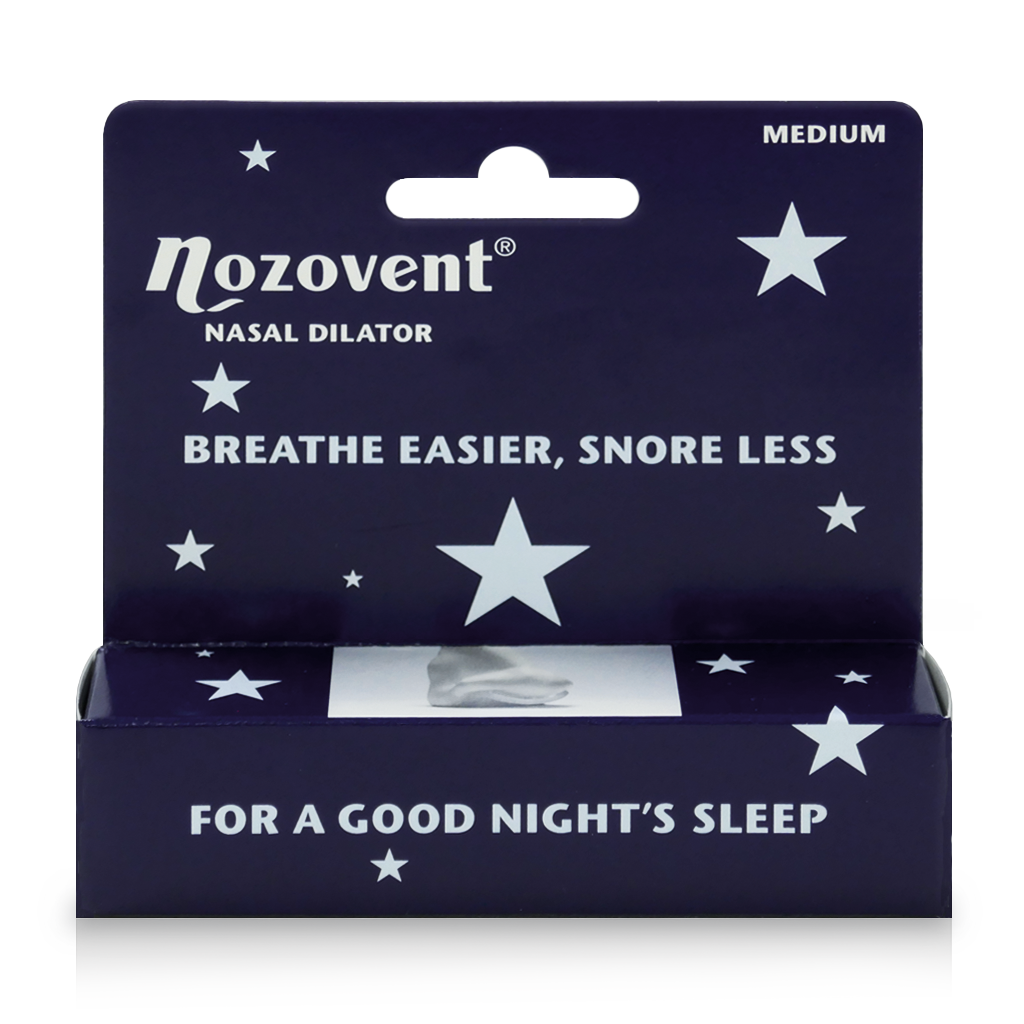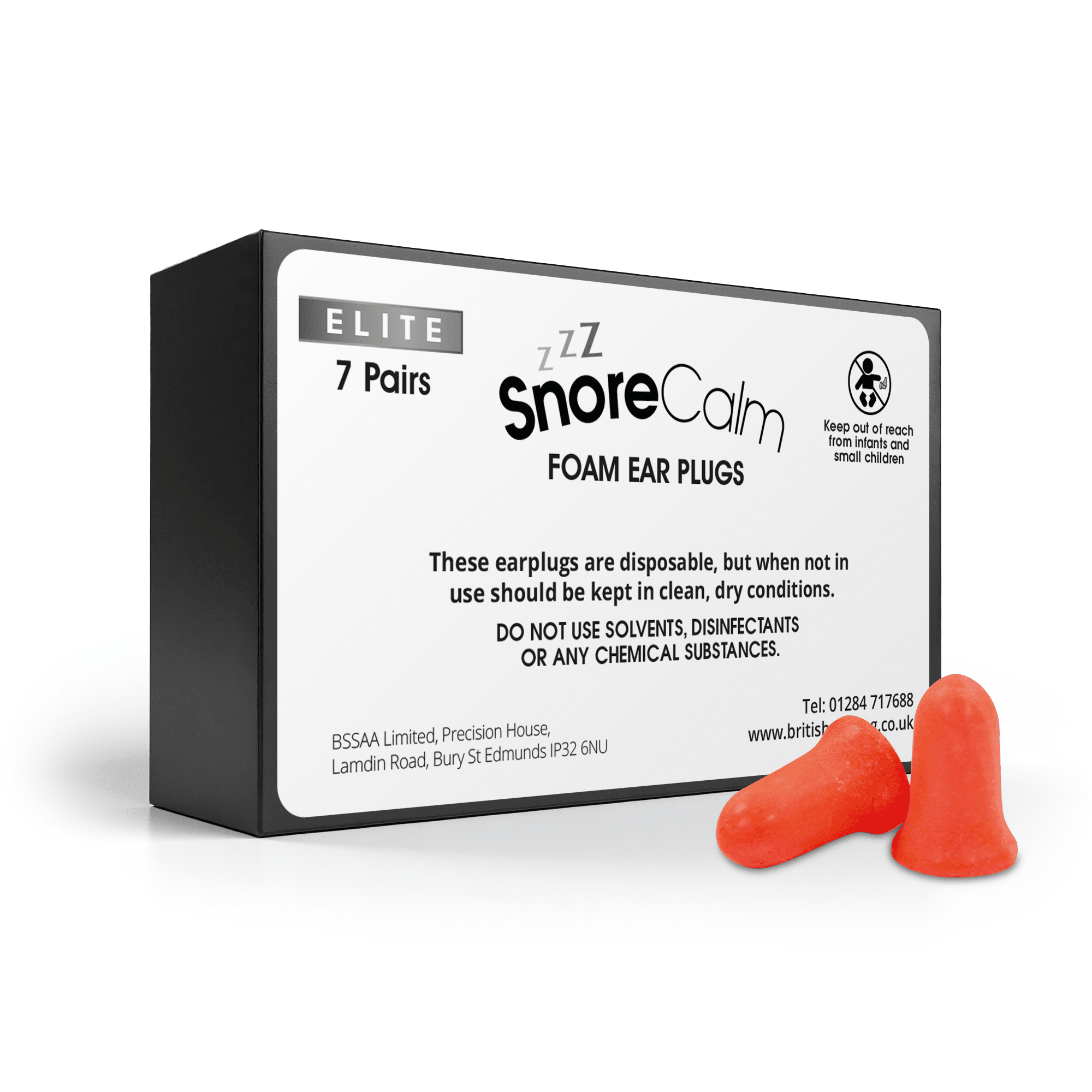STUDY INDICATES SNORING MAY RUN IN FAMILIES
Snoring appears to run in families, according to new research which shows that children whose parents snore have a three-fold increased risk of being noisy sleepers themselves. The findings also indicate a link between snoring and allergy. Children who tested positive for allergies were twice as likely to snore as those who did not.
Scientists in the United States looked at 681 infants with an average age of 12 months. They found that children with at least one parent who snored frequently were three times more likely to snore than those without snoring parents. Although snoring is often seen as a joke, it can have serious implications. Studies of older children and adults have linked snoring to behavioural problems, mental impairment, and heart and metabolic disease. Dr Maninder Kalra, from Cincinnati Children’s Hospital Medical Centre in Ohio, who led the new research, said: “Our study shows that children with a parent who frequently snores have a three-fold (increased) risk of habitual snoring, supporting the role of hereditary factors in the development of snoring. “Snoring is the primary symptom of sleep-disordered breathing, which in children, is associated with learning disabilities and metabolic and cardiovascular disorders. Early detection and treatment can potentially reduce the incidence of morbidity (disease) due to sleep-disordered breathing in children.”
The scientists assessed the relationship between snoring, “atopic status” – or proneness to allergy – and exposure to tobacco smoke. Parents were questioned about the extent to which both they and their children snored. Habitual snoring was reported in 15% of the children, and allergy sensitivity in 29%. Among the parents, 20% of mothers and 46% of fathers were habitual snorers. An increased risk of snoring occurred in 21.5% of children who were sensitive to allergy triggers compared with 13% of those who were not prone to allergies. The same trend was seen in 21.8% of children with a parental history of habitual snoring. Only 7.7% of children without a snoring parent turned out to be frequent snorers.
Dr Kalra said: “More than 40 million children in the western world have allergies. In addition, the incidence of allergy-related respiratory diseases is a risk factor for obstructive sleep-disordered breathing, the association between atopy and habitual snoring in young children has not been studied. “Now that we know how prevalent snoring is in children this young and that it is more common in children with positive atopic status, parents and health care professionals can take appropriate action.”
The findings appeared in the journal Chest, published by the American College of Chest Physicians. College president, Dr Michael Alberts, said: “By knowing potential risk factors for sleep-disordered breathing in children, clinicians can identify high-risk groups and educate parents and families on how to modify risk factors before they have a long-term impact on health.” The researchers are to continue studying snoring in the children up to the age of five.


